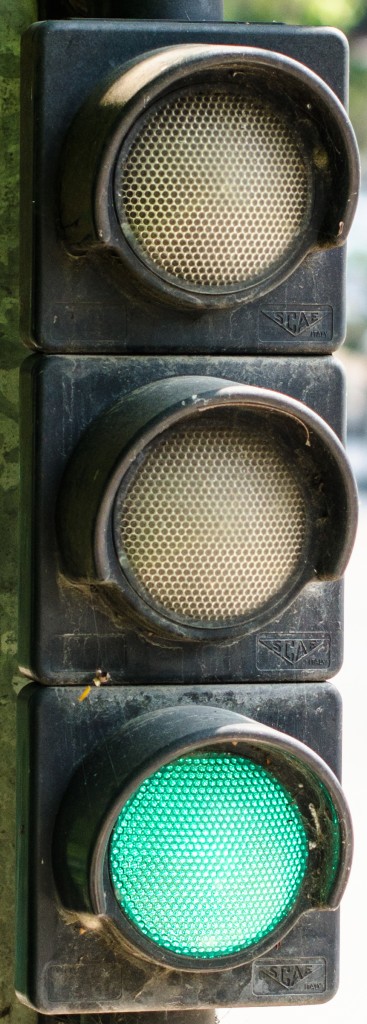How to choose a rescue or shelter to adopt from
Purchasing a dog or puppy: What to look for in a rescue or shelter
Congratulations on choosing to add a new dog or puppy to your family.
It is great that you are considering adopting a pet from a rescue or shelter. However, not all rescues/shelters are created equal – indeed, some facilities are merely posing as rescues and are more like an animal-broker than an animal-rescue.
It’s not a ‘black and white’ matter, but here are some suggestions that will hopefully help you when you’re looking at adopting a pet.
 Necessities
Necessities
Do not purchase a dog from a shelter unless the facility:
- Shows concern and regard to the physical health of their dogs and puppies
- Shows concern and regard to the psychological well being of their dogs and puppies – either in providing enrichment on site, by frequently taking their dogs ‘out and about’, by using Dunbar’s methods of raising puppies (with toilet area, kongs, socialisation), and by providing training to dogs with behavioural problems
- Is willing to provide life-long support to you as a purchaser, and is willing to take their dog or puppy back if things don’t work out. (There should be a trial period of anywhere from 1-12 weeks where a refund is provided.)
- You feel comfortable approaching the rescue or shelter for advice, and feel they would be supportive and give you clear advise you can understand.
- Sells all dogs and puppies microchipped, vaccinated and sterilised (or on contracts to have these procedures performed at a latter date, or with a medical certificate exempting them from these procedures)
- Gives you some time to ‘think about’ adding the dog/puppy to your household
Niceities
It’s ‘nice’ if a shelter/rescue does these following things, but not a deal breaker.
- The rescue/shelter asks you lots of questions about your household and what you’re looking for
- There is a sales contract
- The rescue/shelter seems to have a great deal of knowledge about dogs
- The rescue/shelter uses foster carers so they know what the dog is like in a house (instead of just living in a kennel)
- The rescue/shelter has had the dog in care for at least 10 days, to serve as a quarantine period
- Friends, family, or other shelters and rescues have heard of this rescue and have positive things to say
- Identifies as ‘no kill’ or ‘out the front door’ or as ‘saving 90%’
Red Flags
Have some concern about the shelter or rescue if any of these events take place.
- The rescue/shelter seems overly concerned about the purchase price
- The rescue/shelter puts the hard sell on – “I might sell her next week if you don’t take her today”, or “I’ll give you 10% off if you buy her now.”
- The rescue/shelter sells puppies together to the same pet family
- The rescue/shetler is willing to sell a puppy/dog to you without you even meeting the dog/puppy to assess it for yourself
Do Not Buys
If the shelter or rescue does any of the following things, then walk away and source a dog from an alternative source.
- You cannot meet the dog or puppy before sale
- Dogs/puppies are not microchipped – in most states of Australia, this is a legal requirement
- The dogs or puppies seem unhealthy or in poor condition (dirty, matted, skinny, fat)
- There seems to be no plan to improve the socialability/behaviour of dogs that have problematic temperaments
- The rescue/shelter is not willing to show you all the dogs in their care
Is there anything you would add to the list?
Further reading: See How to Find a Good Dog Breeder
